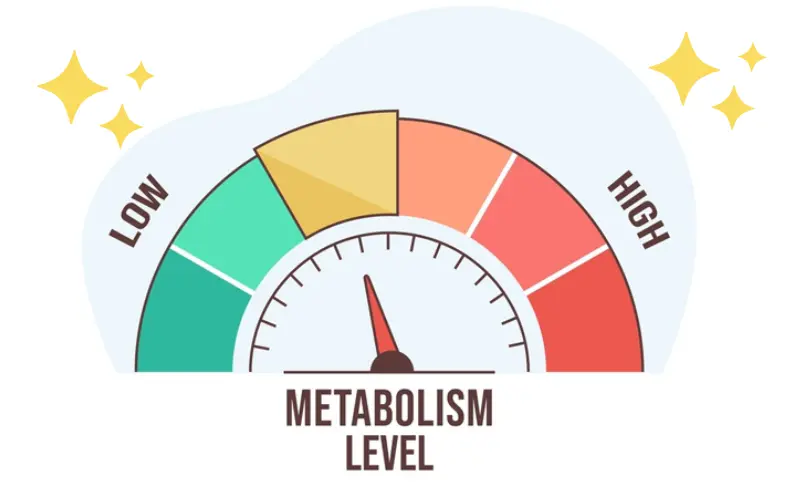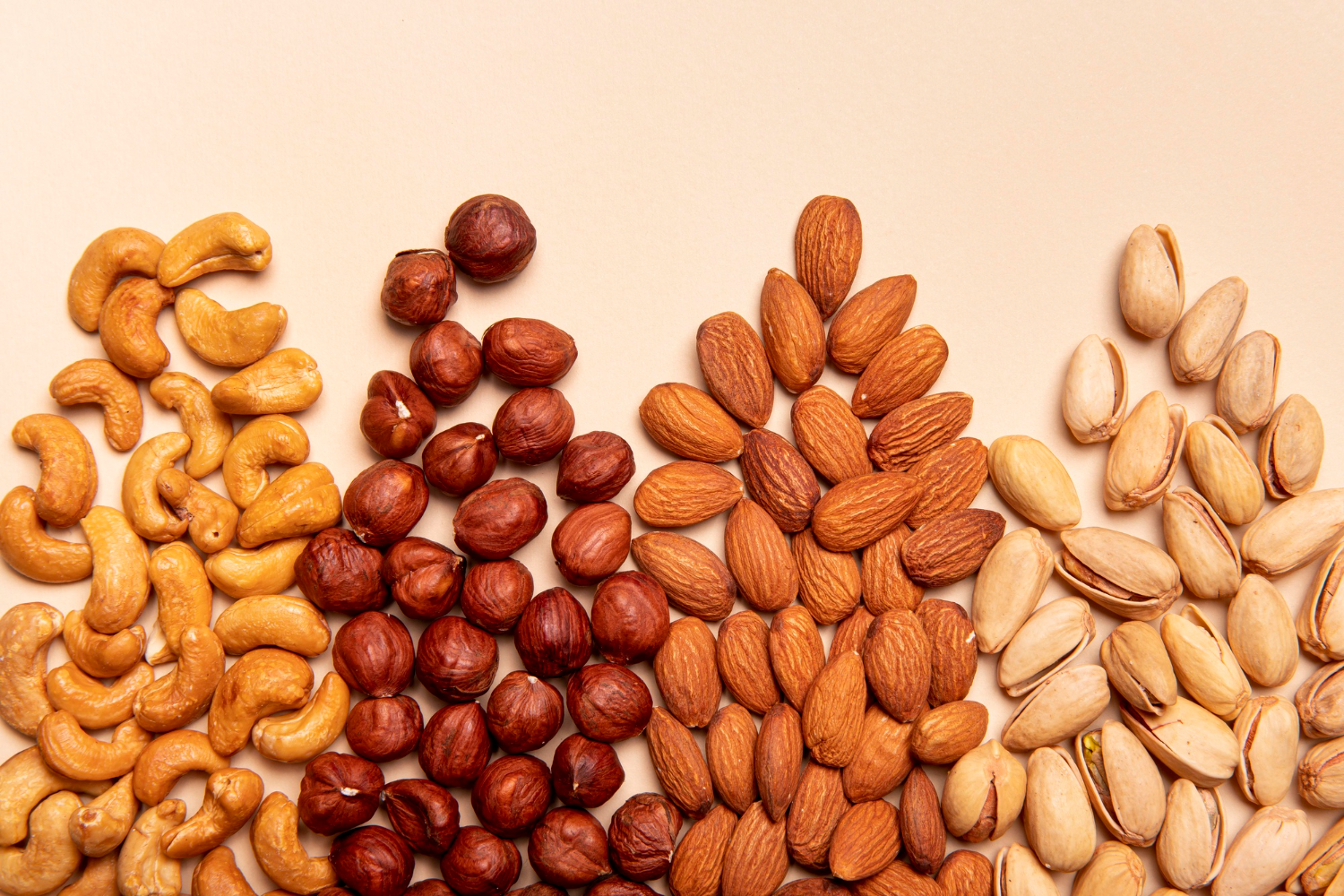What Causes Sugar Cravings and Sweets? (Tips to Ged Rid of It)
Sugar cravings are a common experience, and they can be incredibly challenging to manage. These cravings often feel overpowering and can lead to overindulgence, affecting your health and well-being.
But what causes these intense desires for sweetness? In this article, we’ll explore the various factors that trigger sugar cravings and offer practical solutions to help you manage them.
By understanding the root causes, you’ll be better equipped to take control of your cravings and make healthier choices.
Things That Cause Sugar and Sweet Cravings:

1. Force of Habit
Do you always reach for a sweet treat after dinner or find yourself munching on candies while watching TV? These habits can be deeply ingrained. According to research, our brains can become wired to seek out sugar as a reward, reinforcing the habit over time.
Breaking this cycle requires mindfulness and finding healthier alternatives to satisfy that post-meal sweet tooth.
Solution: Try substituting your usual dessert with a piece of fruit or a small portion of dark chocolate. Gradually, your brain will start to crave these healthier options instead.
2. Hunger Hormones
Hunger hormones, particularly ghrelin and leptin, play a significant role in sugar cravings. Ghrelin, known as the “hunger hormone,” increases appetite and can drive you to seek out high-calorie foods, including sugary snacks. Leptin, on the other hand, signals satiety, but when its levels are low, you might not feel full, prompting you to eat more.
Solution: Eating balanced meals with protein, fiber, and healthy fats can help regulate these hormones. Regular meal times also prevent extreme hunger, reducing the chances of giving in to sugar cravings.
3. Low Serotonin Levels
Serotonin is a neurotransmitter that contributes to feelings of well-being and happiness. Low levels of serotonin can lead to increased cravings for carbohydrates and sugar, as consuming these foods can boost serotonin production temporarily.
However, this is a short-term fix that can lead to a cycle of cravings and consumption.
Solution: Engage in activities that naturally boost serotonin levels, such as exercise, spending time in sunlight, and consuming foods rich in tryptophan, like turkey, nuts, and seeds.
3. Lack of Sleep

When you’re sleep-deprived, your body craves quick energy, often in the form of sugar. Lack of sleep affects the balance of hunger hormones, increasing ghrelin and decreasing leptin. This imbalance makes you more likely to reach for sugary snacks to get a quick energy boost.
Solution: Prioritize getting 7-9 hours of quality sleep each night. Create a bedtime routine that helps you wind down and avoid caffeine and screens before bed.
4. Lack of Nutrients
A deficiency in certain nutrients can trigger sugar cravings. For instance, a lack of magnesium, which plays a role in glucose metabolism, can lead to an increased desire for sweets. Similarly, low levels of zinc and chromium can affect your body’s ability to regulate blood sugar levels.
Solution: Ensure you’re getting a well-rounded diet that includes a variety of fruits, vegetables, whole grains, lean proteins, and nuts. Consider a multivitamin supplement if you suspect a deficiency, but consult with a healthcare provider first.
5.Stress and Emotional Factors
Stress and emotional upheavals can lead to what’s known as emotional eating, where you turn to food, especially sugary foods, for comfort. Sugar can temporarily boost levels of the stress hormone cortisol, providing a quick but fleeting sense of relief.
Solution: Develop healthy coping mechanisms for stress, such as exercise, meditation, or talking to a friend. Keeping a journal can also help you identify emotional triggers and manage them more effectively.
6.Fatigue
When you’re feeling tired, your body looks for a quick source of energy, and sugar is often the go-to option. This is because sugar provides a rapid spike in blood glucose, which can temporarily boost energy levels.
Solution: Combat fatigue by staying hydrated, eating balanced meals, and getting regular exercise. Sometimes, a short nap can also help refresh your energy levels without the need for a sugar fix.
7.Gut Health and Gastrointestinal Issues
Your gut health plays a crucial role in sugar cravings. An imbalance in gut bacteria can increase cravings for sugary foods. This is because certain bacteria thrive on sugar and can influence your cravings to ensure their survival.
Solution: Incorporate probiotics and prebiotics into your diet to promote healthy gut flora. Foods like yogurt, kefir, sauerkraut, and fiber-rich fruits and vegetables can support gut health.
8.Dehydration
Sometimes, what feels like a sugar craving might actually be your body signaling that it needs water. Dehydration can cause confusion in your hunger signals, making you think you need to eat something sweet.
Solution: Drink plenty of water throughout the day. If you feel a sugar craving coming on, try drinking a glass of water first and see if the craving subsides.
Tips to Reduce Sugar Cravings:
- Stay Hydrated: Drink water regularly to prevent mistaking thirst for hunger.
- Eat Regularly: Don’t skip meals and eat balanced meals to keep hunger hormones in check.
- Include Protein: Add protein to your meals to help you feel fuller for longer.
- Manage Stress: Practice stress-relief techniques like yoga, meditation, or deep breathing.
- Get Enough Sleep: Ensure you get adequate sleep each night to regulate hunger hormones.
- Choose Healthy Snacks: Opt for fruits, nuts, or yogurt instead of sugary snacks.
- Stay Active: Regular physical activity can help reduce stress and improve mood, reducing the need for sugary comfort foods.
Final Words:
By understanding and addressing the root causes of your sugar cravings, you can take meaningful steps towards healthier eating habits and improved well-being. Remember, it’s all about balance and finding what works best for you.





